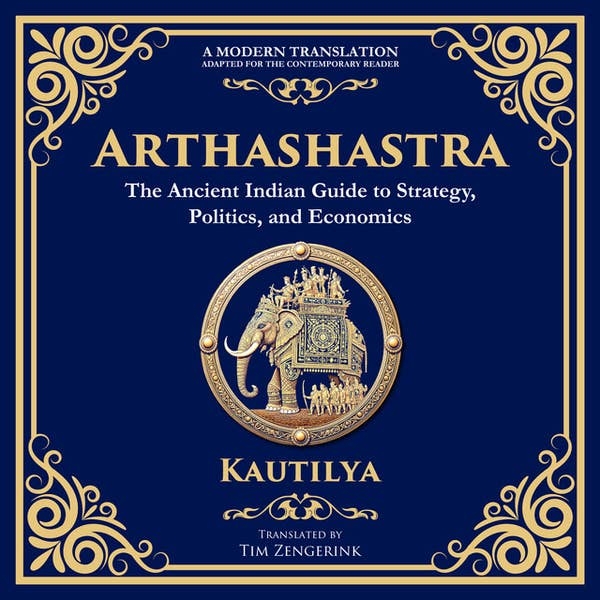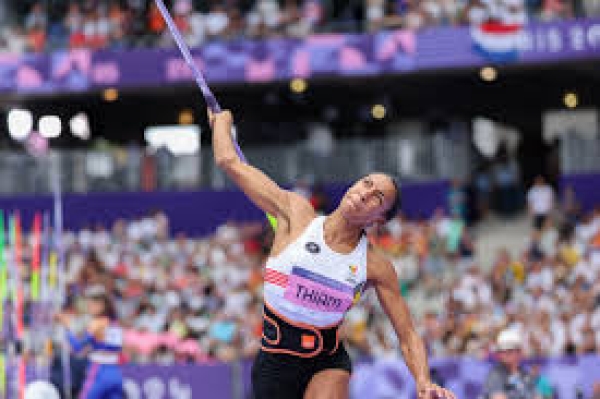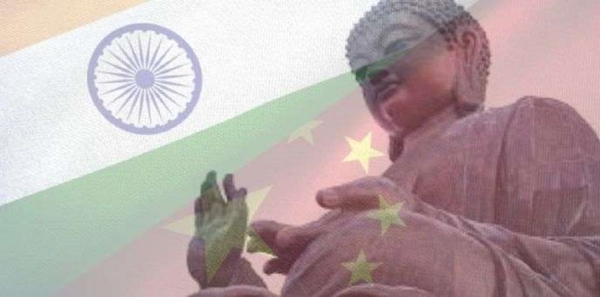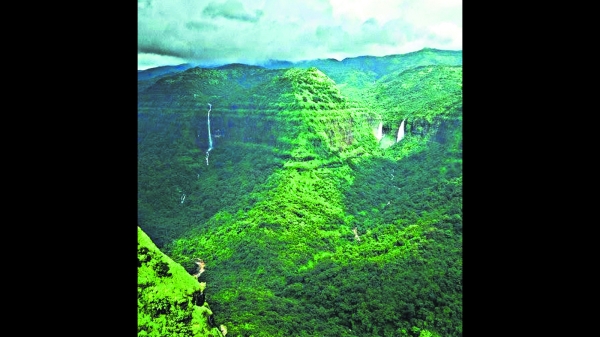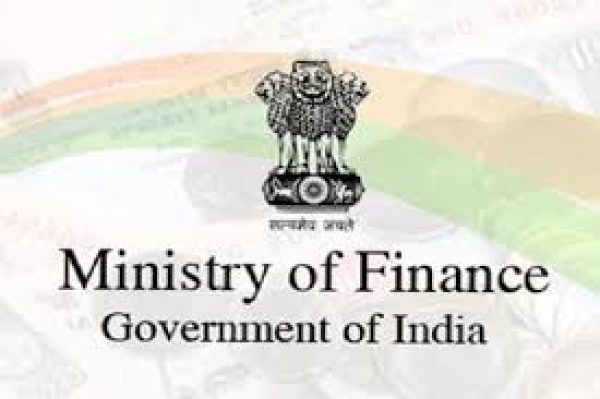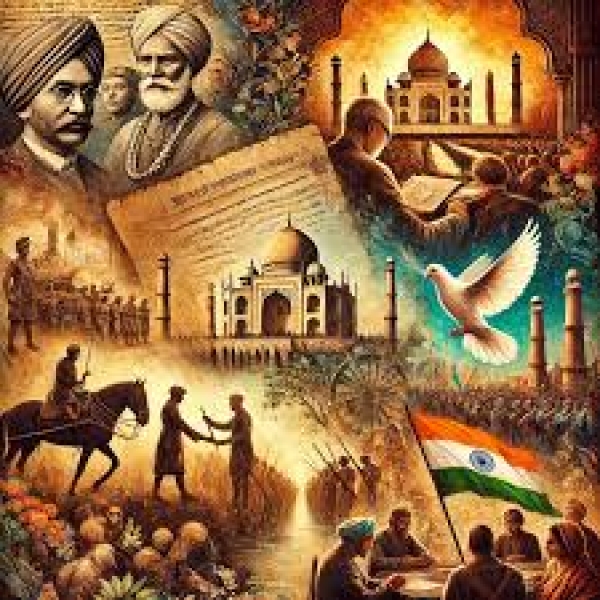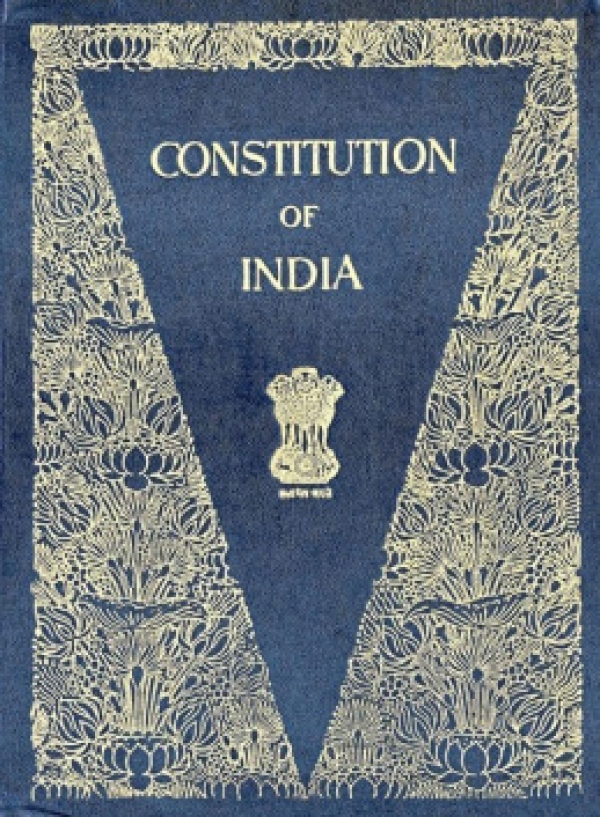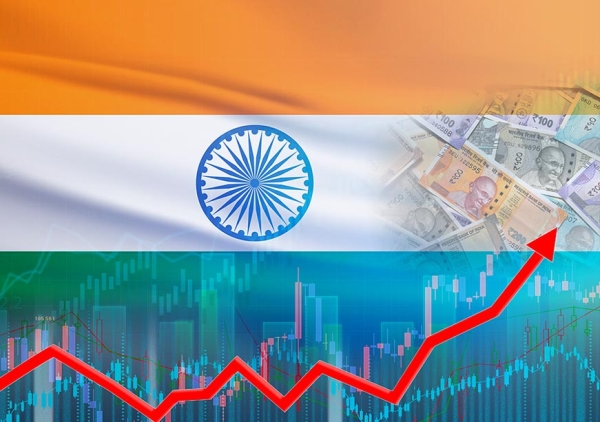Arthashastra: Governance and Strategy Guide
The Arthashastra, attributed to Kautilya, offers insights into governance, fiscal-military policies, and statecraft during the Mauryan Empire (321-185 BCE). It emphasizes efficient taxation, centralized administration, and military strategies, influencing later Indian empires. Rediscovered in 1905, it remains relevant for modern governance, with unique features like caste-based roles and pragmatic statecraft. Read More
World Athletics 2024 Honors Top Athletes Globally
The 2024 World Athletics Awards celebrated Sifan Hassan (Netherlands) as Women’s World Athlete of the Year, with Letsile Tebogo (Botswana) winning Men’s. Other highlights include Sydney McLaughlin-Levrone (USA) for women’s track and Yaroslava Mahuchikh (Ukraine) for field. Rising stars Sembo Almayew (Ethiopia) and Mattia Furlani (Italy) were recognized, showcasing diverse talent across track, field, and out-of-stadium events. Read More
Buddhist Values Shape Politics, Diplomacy Globally
Buddhist values significantly influence political systems, as seen in Emperor Ashoka’s Dhamma rule in India and Buddhist monarchies in Thailand and Bhutan. They facilitate peace-building through monastic mediation and regional diplomacy, notably in Sri Lanka and Myanmar. In modern geopolitics, these values shape Asian diplomacy, address global challenges, and promote cultural preservation and cooperation. Read More
Environment and Biodiversity: Maharashtra Wins Green
Coal India Limited (CIL) received the Green World Environment Award 2124 in the Corporate Social Responsibility category. The UAE launched the 'Wild Ass Sanctuary' in Little Rann of Kutch, Gujarat. Early successional ecosystems feature high net community production. Categories of ecosystems include functions like climate change and thinkable elements. Hydrological cycles are controlled by forests. Halophytes are plants growing in saline areas. Read More
Economic Affairs of India: Appointments and Policies
K. Sanjay Murthy is the new CAG of India. Harsha Vardhan Agarwal became FICCI President in 2024-25. SEBI regulates mutual funds. National Tourism Day is on January 25. Arvinder Singh Sahney chairs IOCL. The Kelkar Committee recommended tax rebates under Section 88. Devaluation aims to boost exports. GDP differs from consumption of fixed capital. GST is an indirect tax. NRIs can open Fixed Deposit Accounts. Read More
Historical Figures and Milestones Unveiled
This content explores historical figures like Purana Kassapa, a 6th-century BCE Indian philosopher rejecting karma, and Guru Angadji, the second Sikh Guru who developed Gurmukhi. It also covers Tatya Tope, a 1857 Revolt leader, and Subramaniya Bharathiyar, a Tamil poet and freedom fighter. Verghese Kurien transformed India’s dairy sector, earning recognition as the milk revolution’s father. Read More
Geography Quiz: India and World Facts
This geography quiz covers India and global facts, highlighting igneous rocks like granite and gabbro, ocean currents such as the Canary and Labrador in the Atlantic, and the Kuroshio current near Taiwan to Bering Strait. It mentions Italy's Bora wind, the Hoover Dam on the Colorado River, winter rains from the Mediterranean Sea, and Indian landmarks like Mount Abu and Cheruthoni Dam. Read More
History and Culture of India: Key Figures and Events
King Ptolemy Philadelphus of Egypt sent Dionysius as ambassador to Mauryan King Bindusara. 'Vitastra' and 'Tarushma' are Rigvedic names for rivers Jhelum and Ravi respectively. Minhaj-us-Siraj authored 'Tabqat-i-Nasiri.' Sultan Mubarak Khilji regarded himself as Caliph. King Devaraya II recruited Muslim bowmen. The tenth Mandala of Rigveda contains Purushasukta. Jahangir’s emperor title was 'Jahan-gir,' meaning world conqueror. Read More
India’s Constitution Shapes Modern Democratic Values
India’s Constitution establishes a sovereign democratic republic, balancing legal frameworks with intellectual growth while maintaining universal values. It promotes secularism, heritage pride, unity, citizen responsibility, and global citizenship. Addressing modern challenges like tradition-modernization balance and digital inclusion, it guides governance through digital democracy, environmental stewardship, social justice, gender equality, and international cooperation. Read More
India's Demographic Dividend and STEM Opportunities
India faces a critical juncture with its demographic dividend, offering economic growth through a young workforce, but challenges like unemployment and skill gaps persist. Initiatives like Skill India and e-Shram enhance human capital, while rising female participation unlocks potential. STEM fields see women facing gender biases and limited support, impacting innovation. Traditional knowledge integration also drives sustainable development. Read More



